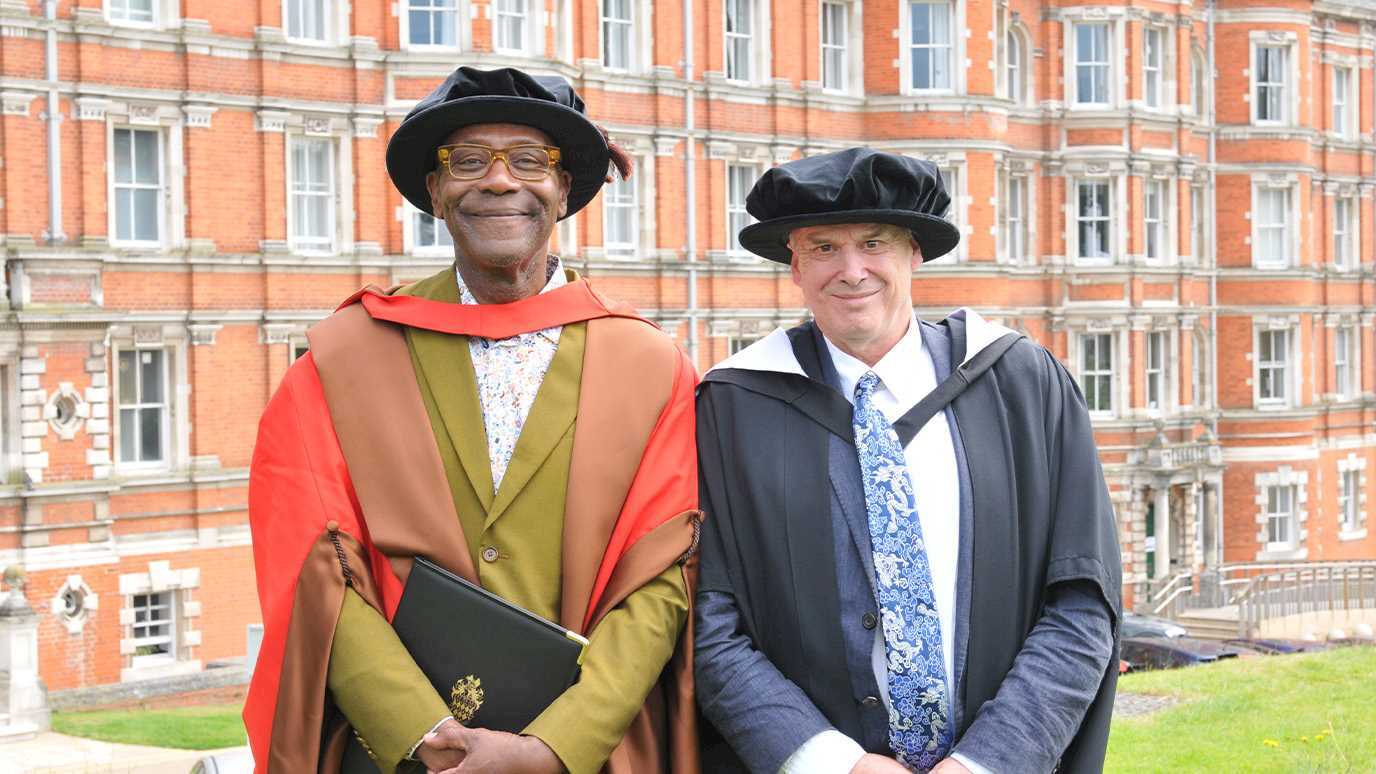A pilot survey for the National Churchwatch and undertaken by academics at Royal Holloway, University of London, discovered that 10 percent of Anglican Clergy have been a victim of violence.

The survey also found that a sizeable number of Anglican Clergy found work more challenging now than two years ago and that male clergy were more likely to be threatened undertaking pastoral work, whilst female clergy were more likely to be threatened by an active church member or parishioner.
Professor Jonathan Gabe, of Sociology and Professor David Denney, of Social and Public Policy both in the School of Law at Royal Holloway, conducted the survey with more than 540 participants across the UK.
The main findings of the survey were:
- Less than 10% of respondents strongly agree/agree that they are experiencing more hate crime today than two years ago.
- 50% of respondents responded strongly agree/agree to work being more challenging now than two years ago, yet, it is not clear which aspects of work have become more challenging.
- 36% per cent of 35-44-year-olds and 55-64-year-olds strongly agree/agree that work has become more challenging.
- Male respondents were more likely to be threatened undertaking pastoral work, whilst women were more likely to be threatened by an active Church member or parishioner.
- 35% strongly disagree/disagree that they are experiencing more hate crime today than two years ago.
- More than 50% of respondents are unsure whether hate crime towards clergy (physical and online) has increased in the last two years.
- Older respondents seem to agree that there is less respect for clergy now than two years ago.
- Men are more likely to disagree with the statement that work has become more challenging in the last two years.
- Those who have been subject to violent behaviour in the last two years were more likely to strongly agree that the work is more challenging than two years ago. Statistically significant.
- 85% said that they used social media for clerical matters, whilst 90% said that they used social media for personal matter. Facebook is the most used social media platform.
- 68% have experienced verbal abuse, whilst 19% and 10% have experienced threatening or violent behaviour respectively. These percentages cannot be compared with the original study due to limitations outlined above.
- The main reasons for verbal abuse included: mental illness; declined requests for money; alcohol/drugs; anti-Christian sentiments; and other reasons (youths, female clergy, sexual abuse scandals, people not getting their own way, problems with graveyards/funerals).
- 83 respondents said that they had been threatened in the last two years. 90% of these had been threatened with personal harm, whilst nearly 20% had a relative threatened and 35% had experienced threats to Church property.
Professor Jonathan Gabe of the School of Law at Royal Holloway, said: “The clergy have a difficult job, especially when faced with the risk of violence, as documented in our survey.
“The research suggests that further thought needs to be given as to how best to help clergy manage when faced with such violence.”
Nick Tolson the Director of National Churchwatch added: “These figures are a reminder that Clergy have to deal with difficult circumstances where they are at risk of violence. It is vital that they receive training in dealing with these issues.”























